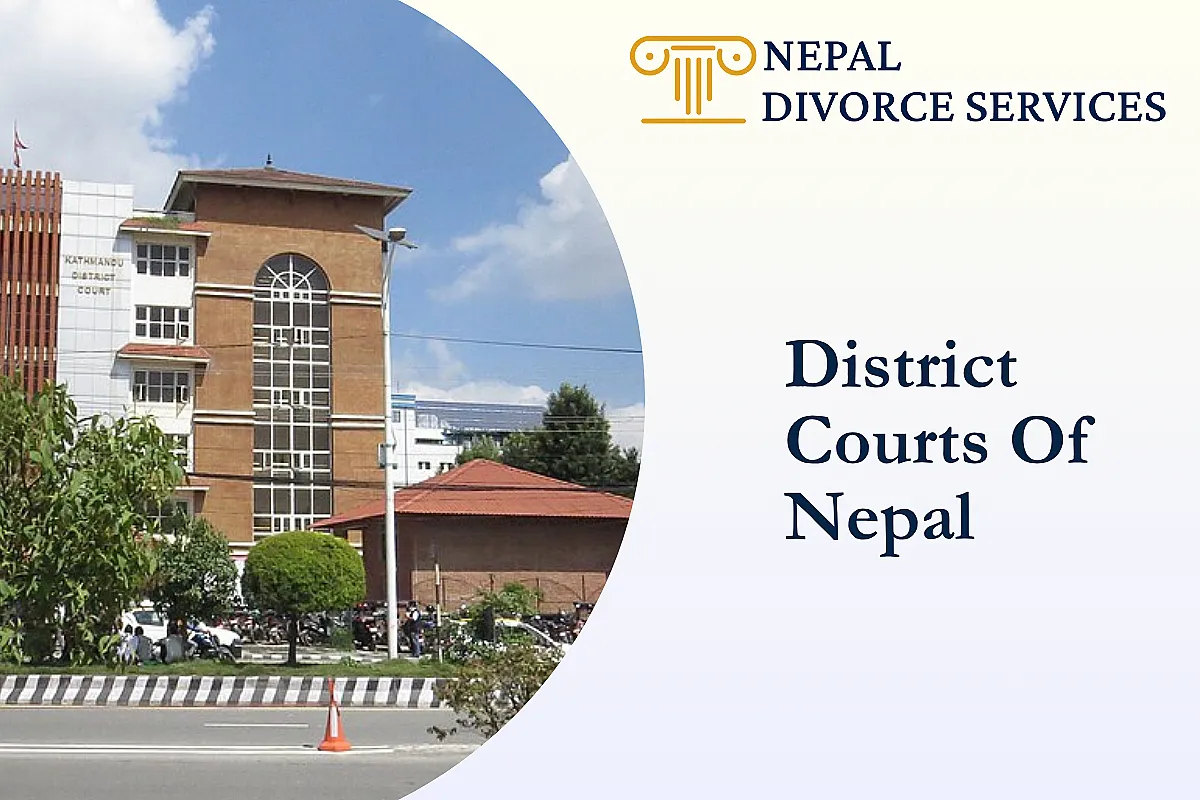Tag : Legal Compliance Expert
Understanding Attorney-Client Privilege
This article explains attorney-client privilege, its purpose, and the exceptions to this important legal concept, ensuring you understand how to communicate confidently with your attorney.
Formation of a Power of Attorney
A power of attorney (POA) is a legal document that gives one person the authority to act on behalf of another person in certain situations. The person who grants the power of attorney is called the principal, and the person who receives it is called the attorney-in-fact or agent.
Nepal's Competition Law: Objectives and Challenges
Nepal's Competition Law, which is the Competition Promotion and Market Protection Act, 2063 (2007), is the main legal instrument that regulates the competition and market practices in Nepal. The law was enacted in 2007 with the aim of making Nepal's economy more open, liberal, market-oriented, and competitive by maintaining fair competition between or among the producers or distributors of goods or services, enhancing national productivity by developing the business capacity of producers or distributors by way of competition, protecting markets against undesirable interference, encouraging to make the produced goods and services available to the consumers at a competitive price by enhancing the quality of goods or services by way of controlling monopoly and restrictive trade practices, and maintaining the economic interests and decency of the general public by doing away with possible unfair competition in trade practices.
Updates to Tax Laws in Nepal, 2023
Updates to Tax Laws in Nepal, 2023 are the changes and amendments made to the existing tax laws and regulations by the government of Nepal for the fiscal year 2023/24 (2080/81). The updates to tax laws are announced through the Finance Bill, which is presented by the finance minister along with the annual budget. The updates to tax laws are intended to increase revenue collection, promote economic growth, encourage investment, support social welfare, and align with international standards and practices.
Real Estate Law in Nepal
Real estate law in Nepal is a complex and diverse topic that covers various issues and aspects of property rights, transactions, and disputes. This article provides an overview of the main issues and aspects of real estate law in Nepal, such as ownership, transfer, valuation, and dispute resolution. It also discusses the sources and authorities of real estate law in Nepal, such as the Constitution of Nepal, statutory laws, customary laws, and judicial decisions. These sources and authorities provide the legal basis and principles for the regulation and administration of property rights, transactions, and disputes in Nepal. The article also addresses the challenges and problems related to real estate law in Nepal, such as lack of proper documentation, registration, measurement, valuation, management, maintenance, awareness, education, coordination, cooperation, transparency, accountability, access, affordability, capacity, competency, enforcement, and implementation. It also suggests some possible solutions and recommendations to overcome these challenges and problems, and to ensure the protection, promotion, and fulfillment of the real estate law in Nepal.
The Legal System of Nepal
The legal system of Nepal is a complex and evolving system that has been shaped by a variety of influences, including the country's history, culture, and religion. The legal system is also influenced by the country's current political and economic situation. The history of the legal system of Nepal can be traced back to the 18th century when the country was ruled by the Shah dynasty. During this period, the legal system was based on Hindu law and customary law. In the 19th century, the British colonial government introduced elements of common law into the Nepalese legal system.
District Courts Of Nepal
The District Court of Nepal is the lowest level of court in Nepal and the first instance court for most of the cases in the country. The District Court has original jurisdiction over civil and criminal matters, as well as some other matters as prescribed by law. The District Court also hears appeals from the judicial committees of the local levels, which are the lowest level of judicial bodies in Nepal. The District Court plays an important role in providing access to justice, resolving disputes, and maintaining law and order in Nepal. In this article, we will explore the history, composition, jurisdiction, procedure, and functions of the District Court of Nepal.
Your Legal Documents with Notary Nepal: Your Online Notary Partner in Nepal
In today's fast-paced world, convenience and efficiency are paramount. This holds true especially when dealing with legal documents. Imagine the time saved by not having to physically visit a notary public for every important document you need notarized. Notary Nepal solves this problem by providing a secure and efficient online notary service in Nepal. This article will introduce you to Notary Nepal and the comprehensive services they offer. We'll explore the benefits of using an online notary, the types of documents they can notarize, and the easy steps involved in getting your documents notarized remotely.








